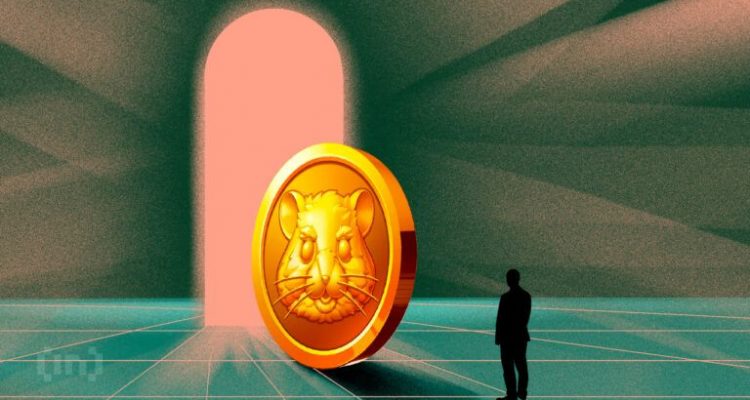
On September 26, 2024, the long-anticipated Hamster Kombat (HMSTR) token launched across major exchanges. The crypto community, excited by the success of the tap-to-earn Telegram game, expected a profitable airdrop event. However, the airdrop ultimately left many participants disappointed, earning it a reputation as one of the worst crypto airdrops in recent history.
Here are five reasons why the Hamster Kombat airdrop failed.
1. Unfair Reward Distribution
One of the most glaring issues was the unfair distribution of the HMSTR tokens. As the airdrop neared, many participants were unexpectedly disqualified due to a newly implemented “anti-cheat” system. This system targeted players who boosted their points per hour (PPH) to accumulate more tokens.
Many users claimed the rule changes benefited influencers over regular players. The sudden disqualification of numerous participants led to widespread outrage, as tokens were seemingly redirected to high-profile individuals instead of those who had legitimately earned them.
2. Frequent Delays and Rule Changes
The airdrop, originally scheduled for July 2024, was postponed due to technical issues. This delay frustrated many within the community who had been eagerly awaiting their rewards.
When the airdrop was rescheduled for late September, it did little to restore trust. To make matters worse, the Hamster Kombat team announced just before the airdrop that participants would only receive 88.75% of their tokens, with the remaining 11.25% withheld until July 2025. This unexpected change sparked a growing boycott movement and further damaged the project’s credibility.
3. Low Listing Price of the HMSTR Token
The initial listing price of the HMSTR token caused major disappointment. Despite influencer hype and community anticipation, the token launched at a mere $0.01.
Almost immediately, the token value plummeted, leading to significant financial losses for both short- and long-term investors. Many in the community had been led to expect a price between $0.10 and $0.50, and the sharp price decline confirmed the community’s fears of a failed airdrop.
4. Overhyped by Influencers
Another factor contributing to the airdrop’s failure was the overhyped promotion by YouTubers and social media influencers. These individuals made bold claims about the potential value of the HMSTR token, fueling false expectations of significant profits.
After the token’s disappointing launch, many users turned to social media to express frustration with the influencers who had misled them about the token’s potential, contributing to the airdrop’s tarnished reputation.
5. Loss of Community Trust
The combination of unfair disqualifications, delays, sudden rule changes, and low token value led to a significant loss of trust within the Hamster Kombat community. The inconsistent communication from the development team, combined with shifting rules, alienated many long-term supporters of the game.
As a result, the airdrop, which had been highly anticipated as a rewarding event, turned into a disappointment that damaged the credibility of the project moving forward.